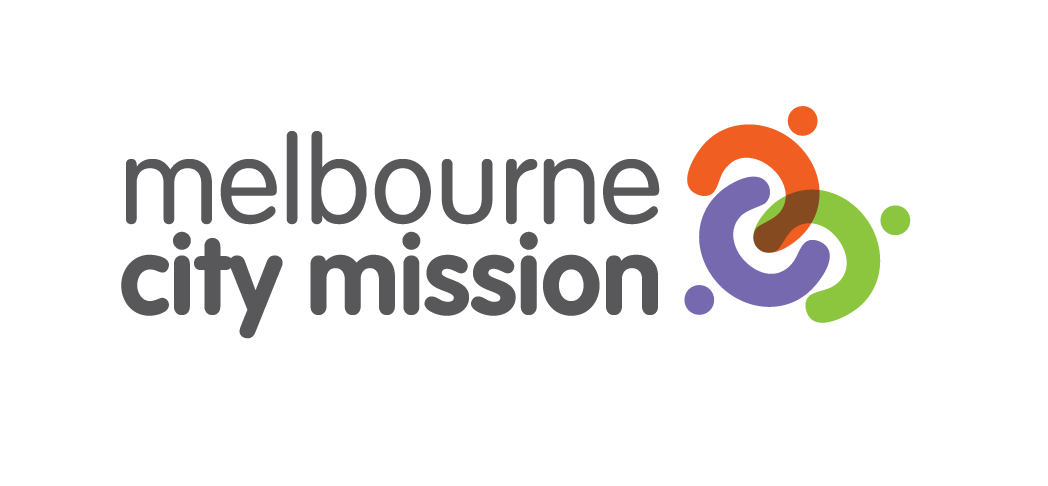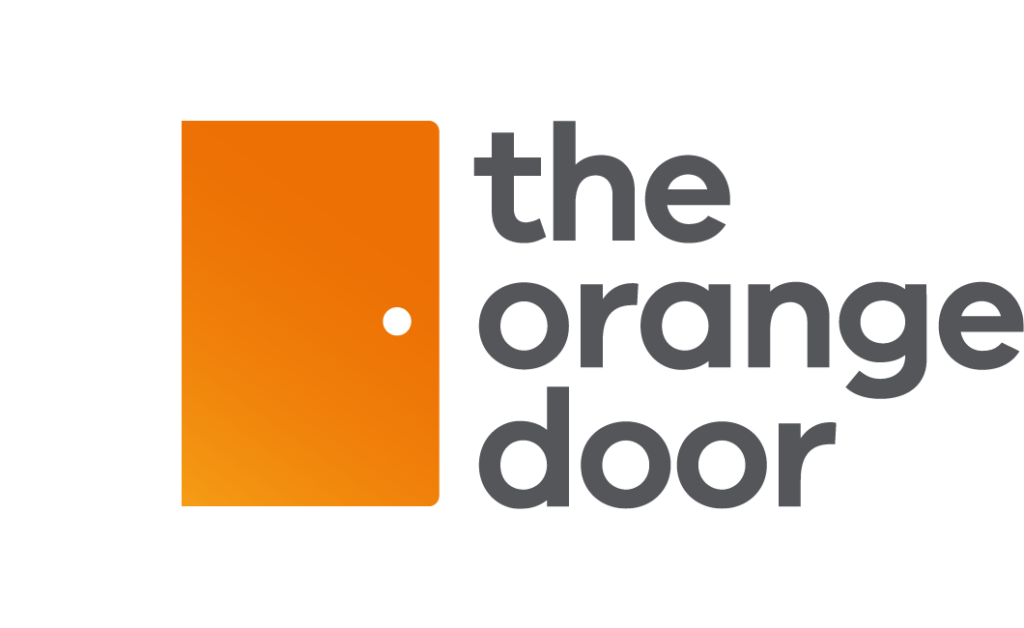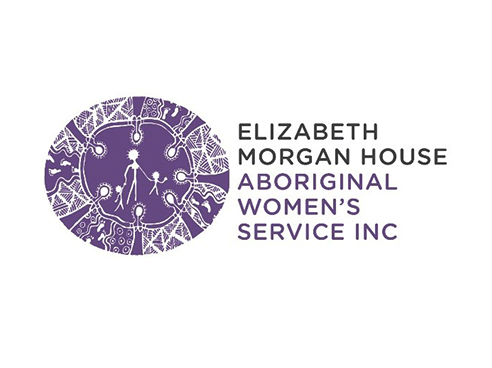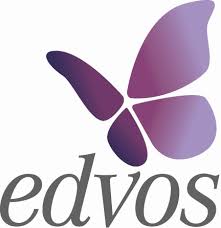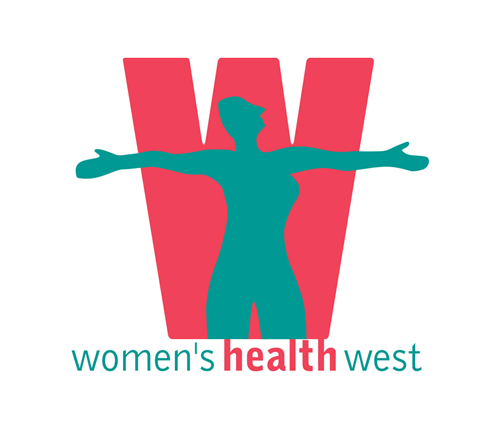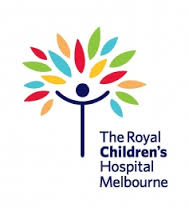
FAQs for Parents, Carers & Referals
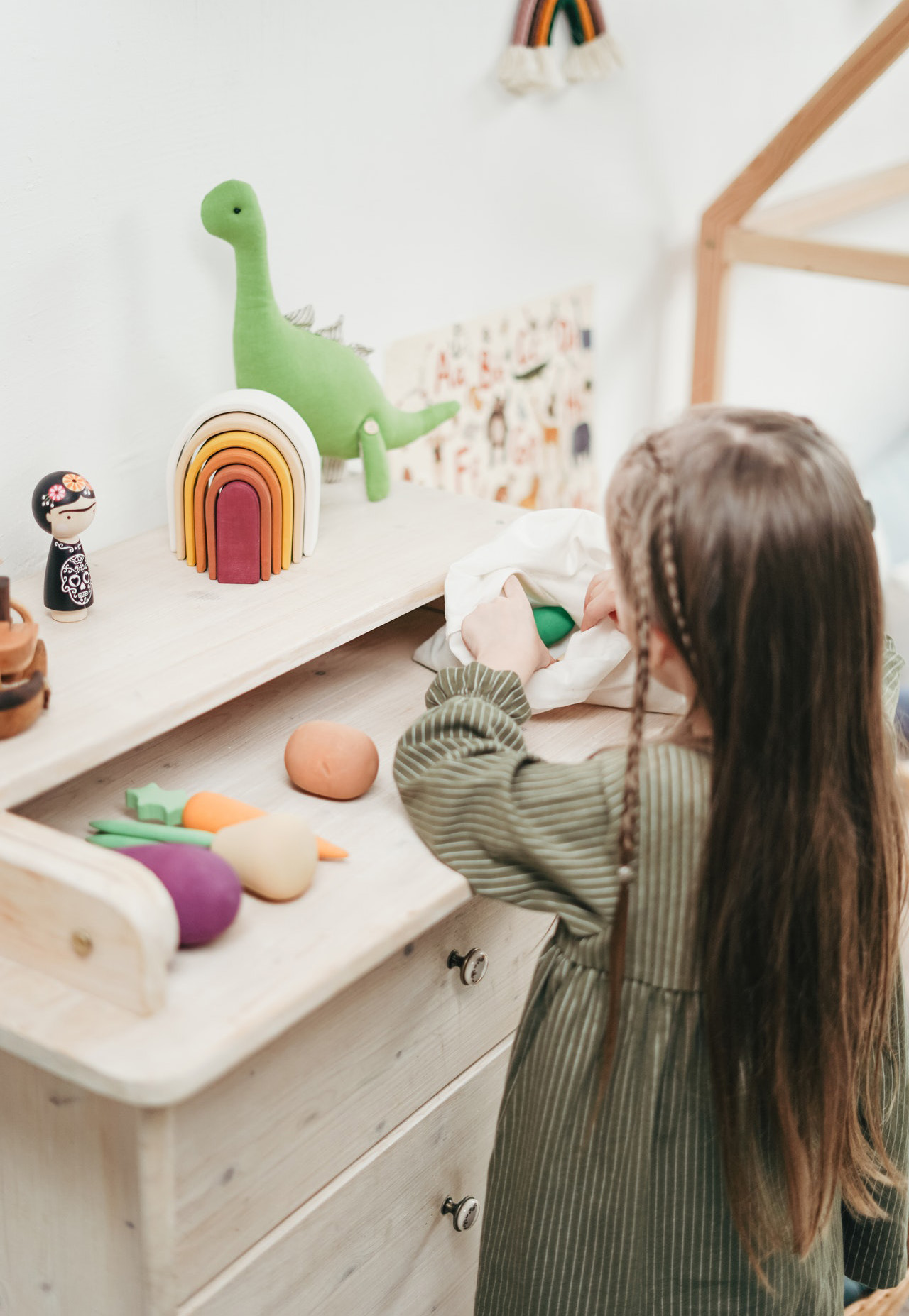
How does play therapy work?
Because the brain keeps growing and forming new neural links, positive experiences can help heal trauma and other conditions by improving neural integration. One of the most effective ways to provide that positive support for children is through non-verbal activities – like play.
As children work through traumatic memories and sensations, their bodies try to integrate their sympathetic, or hyper-aroused, state (which can be experienced as high physical energy, high emotion, and difficulty in regulating responses) and their dorsal para sympathetic, or hypo-aroused, state (which can be experienced as feelings of numbness, low physical energy and low cogitative functioning). When the balance is achieved, their wellbeing, development and social engagement all improve.
In child-centred play therapy, our clinicians help to co-regulate the child's internal experience. This helps them move towards uncomfortable memories, thoughts, and body sensations that they experience as challenging.
Our clinicians work to help children find their 'authentic self'. Instead of looking at reactions as 'right' or 'wrong', we work with the child to help by increasing their understanding about why they are reacting in a certain way. A child's journey towards their authentic self leads to a heightened self-awareness and can help them manage where they are at present and be better prepared to face future challenges.
Our approach helps provide children with the tools they need to:
- better understand themselves and, more importantly, like who they are
- remain grounded, even when feeling challenged
- regulate their nervous systems and move towards the outcome they want, even when they are feeling emotional.
Will I be in the room with my child?
It depends.
Our aim is to have your child participating in the therapy with you waiting just outside the room.
We want your child to start the therapeutic process, which often means they will work with the clinician on their own. This allows the therapist to support your child to connect with their own nervous system.
However, we always privilege the child. So, if your child needs you to feel comfortable, we will work with them in that space.
There may also come a time when your therapist decides that you being in the room would be helpful to support your child's progress. This will be discussed with you and your therapist will make sure you are fully prepared to take part in a session.
How will I be kept informed about my child's progress?
We like to meet with parents every 5-6 weeks to discuss progress.
At the time of our parent consultation, we will support you to identify specific goals that we track to measure progress. We believe in working collaboratively with parents and supporting you to parent the best way you feel is appropriate for you and your family.
Your clinician will work with you to help identify challenges and ways we can best support you and your child through them. Our goal is to help you to find the way that provide a supportive and nurturing environment with healthy limits and boundaries.
How can you support children with biological or neurological based issues?
Although play therapy cannot ‘cure’ problems of a biological nature, such as attention deficit and autism spectrum disorders, it can successfully be used as a highly effective intervention before diagnosis. For example, it can be used to rule out or determine if the child’s symptoms are transient, due to adjustment problems, emotional issues or developmental delays.
For children who have a diagnosis of a neurological or biological disorder, play therapy can help address the emotional issues that often occur with these disorders and make behaviours more extreme.
What is at the foundation of your work?
At Play Therapy Melbourne we work closely with the teachings of Lisa Dion through her Synergetic Play Therapy Model. We also follow the principles advocated by Dan Siegel, as well as Stephen Porges’ polyvagal theory.
Is there any research to support this theory?
Yes, plenty.
Child-centred play therapy is a systematic and evidence-based approach to counselling children. This form of play therapy has been in use for over 60 years and has a long history of efficacy in therapeutic work for children. It is well supported with extensive research.
Meta-analytic reviews (a powerful analysis that combines the results of many studies) of over 100 play therapy outcome studies (Bratton, Ray, Rhine & Jones, 2005; Leblanc & Ritchie, 2001) found that the overall treatment effect of play therapy ranges from moderate to high positive effects. The review by Bratton and colleagues was conducted on 93 research studies, finding a large treatment effect size of 0.8 and indicating that play therapy was effective across a variety of presenting issues. The study also found non-directive approaches yielded better outcomes than therapist-directed play approaches. Additionally, it found positive treatment effects were greatest when there was a parent actively involved in the child’s treatment. Click here for a summary of these studies.
How does Play Therapy Melbourne demonstrate cultural sensitivity and safety.
Research shows that play therapy supports working with children of different cultures. We ensure that we include culturally diverse toys in our play rooms so that children can feel culturally safe.
We respect all Aboriginal and Torres Strait Islander people, and their customs and beliefs.
We pay our respects to elders past and present, with particular acknowledgement to the Wurundjeri-Willam clan of the Woi Wurrung speaking people, and the Wathaurong people, the traditional owners of the lands where our offices are located.
How does Play Therapy Melbourne demonstrate gender sensitivity and safety.
Gender variance is an umbrella term used to describe gender identity, expression or behaviour that falls outside of culturally defined norms associated with a specific gender. Gender-variant expression, behaviour, and identity may present in childhood and adolescence in a number of ways, and youth with gender variance have unique health needs. For those experiencing gender dysphoria, or distress encountered by the discordance between biological sex and gender identity, puberty is often an exceptionally challenging time.
At Play Therapy Melbourne we acknowledge that our clients come from many different gender identifications and sexual orientations. We work hard to provide a space where there is safety for clients’ individual gender identities and sexual preferences. We aim to demonstrate that we value diversity by accepting, respecting and welcoming the differences between and within groups. We work to create an inclusive environment, which acknowledges differences between groups, but does not value one over another.
As an organisation we work to meet the Rainbow Tick Standards of:
- organisational capability
- workforce development
- consumer participation
- a welcoming and accessible organisation
- disclosure and documentation, and
- culturally safe and acceptable services.
How are parents involved in the therapeutic process?
We believe that no-one knows their child better than a parent. We are not the 'experts' on your child, you are. We work collaboratively with you from the initial parent consultation, where together we identify our treatment goals, and we stay connected with you across the process.
We don't like to talk in front of your child about them, but we will meet with you at regular intervals. Usually we suggest every four weeks so we have time to get to know your child, but you are welcome to schedule an earlier session. At this time we will discuss progress and our reflect our observations.
Our sessions give us a unique insight into what is happening for your child, including what they specifically need support with and the areas they are experiencing challenge in. We are then able to share with you some strategies to support regulation and integration that we are incorporating into our work.
By shared insight into your child’s world, we can explore and incorporate strategies outside of the play room that will facilitate faster integration. We are also happy to work collaboratively with schools and educators.
We do not believe in 'teaching' parents how to be a certain way. We respect every family’s individual goals and values, and work with them in a strengths-based approach.

Professional
We celebrate, value and include people of all backgrounds
We celebrate, value and include people of all backgrounds, genders, sexualities, cultures, bodies and abilities.
We provide a culturally safe and non-judgemental environment, which is sensitive to gender identities and sexual preferences.
We are a culturally safe organisation that works to ensure that we provide the best care for the children and families we have the privilege of working with. We are committed to safe and inclusive practice. We follow an evidence-based approach and our clinicians are allied health professionals who have completed postgraduate training in play therapy. The neuroscience of trauma and attachment, cultural wisdom and research guides our evidence-based approach.
We are committed to working inclusively with families and caregivers, we acknowledge every family has the right to parent within their own values and we strive to acknowledge and support them with this framework in mind. We work closely with organisations and are proud of the work we have done with leading organisations across Victoria.
Referrals
We are proud of the work we do with the following organisations and thank them for their support.

